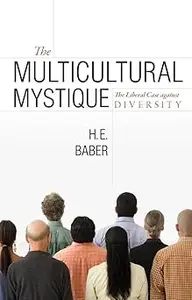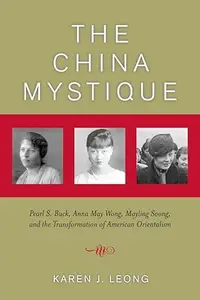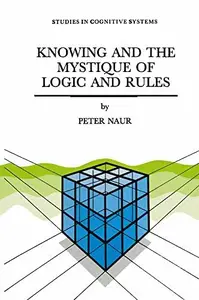 Free Download H. E. Baber, "The Multicultural Mystique: The Liberal Case Against Diversity"
Free Download H. E. Baber, "The Multicultural Mystique: The Liberal Case Against Diversity"
English | ISBN: 1591025532 | 2008 | 260 pages | PDF | 14 MB
Most literature on multiculturalism assumes, without argument or compelling empirical evidence, that immigrants and members of ethnic minorities prefer to identify with their ancestral cultures. According to the received view, multiculturalism benefits ethnic minorities, who want to maintain distinct cultures and keep to themselves. And it protects them from the pressure to assimilate to the majority culture.Philosopher H. E. Baber scrutinizes these assumptions in this critique of the notion of multiculturalism. Baber asks whether it could be that many, or even most, members of ethnic minorities want to shed their ethnic identities and assimilate to the dominant culture. She suggests that multiculturalism imposes ethnic scripts on minorities and thus locks them out of the opportunity to assimilate. In effect, it becomes a form of ethnic stereotyping and discrimination. Multiculturalism, when transformed into an ideology as it often is, benefits cultural preservationists at the expense of members of ethnic minorities who wish to assimilate-arguably the majority. Perversely, it then labels those who would resist such stereotyping as atypical, inauthentic, or even self-hating. Baber argues that liberals, or anyone who favors the expansion of individual liberty, should reject a multiculturalism that restricts personal freedom by classifying and identifying people on the basis of unchosen characteristics such as ancestry and appearance. Like all Americans, ethnic minorities should be encouraged to "invent themselves," to affiliate with groups of their own choosing and be identified as they wish.
(more…)


